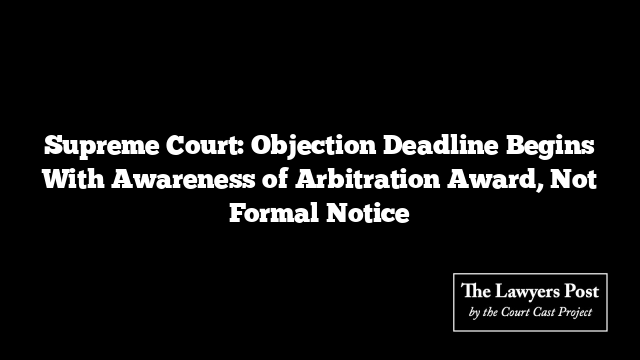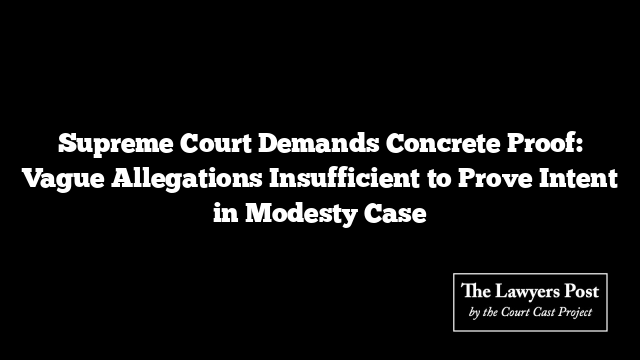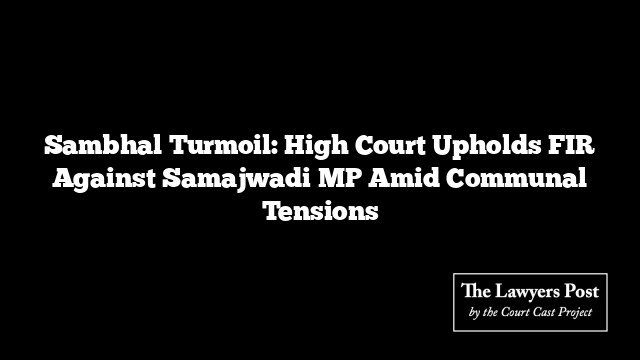In a pivotal interpretation of the Arbitration Act, 1940, the Supreme Court ruled that the 30-day limitation period for filing objections to an arbitral award commences when a party becomes aware of the award, rather than upon receiving formal notice of its issuance.
The case revolved around an arbitral award issued on September 21, 2022. The respondent, though informally aware of the award’s existence on that date, received formal notice only on November 18, 2022. The appellant, however, had filed an application seeking judgment in accordance with the award on November 10, 2022, prompting the respondent to contest its validity as premature.
The Court’s bench, comprising Justices PS Narasimha and Sandeep Mehta, addressed the crux of the dispute: whether the limitation period for filing objections under Section 17 of the Arbitration Act begins with formal notice or with informal awareness. Rejecting the respondent’s argument, the Court emphasized that awareness of the award, irrespective of formal notification, triggers the objection period.
Drawing on the precedent set in Bharat Coking Coal Ltd. v. C.K. Ahuja (1995), the Court reaffirmed that parties must act promptly upon being made aware of an award’s existence. The formal receipt of notice is unnecessary for initiating the countdown of the limitation period.
The Court highlighted that both the trial court and the Delhi High Court had erred in deeming the appellant’s application premature. It clarified that the respondent’s awareness of the award on September 21, 2022, marked the start of the objection period. Thus, the limitation expired on October 20, 2022, validating the appellant’s November 10, 2022, application as timely.
By reaffirming the principle that awareness—not formal notification—activates the limitation period, the judgment upholds the intent of the Arbitration Act to encourage diligence and prevent unnecessary delays in arbitration proceedings.
The appeal was allowed, setting a significant precedent for future arbitration disputes.





